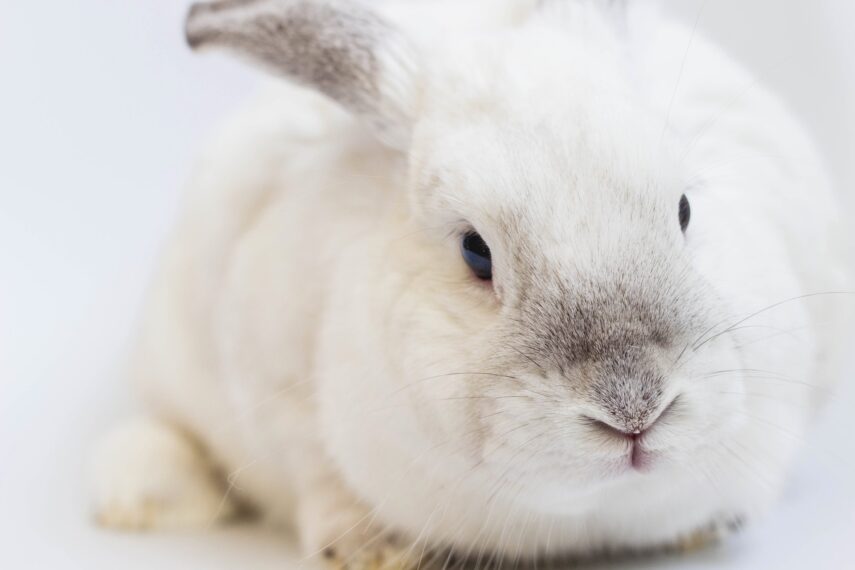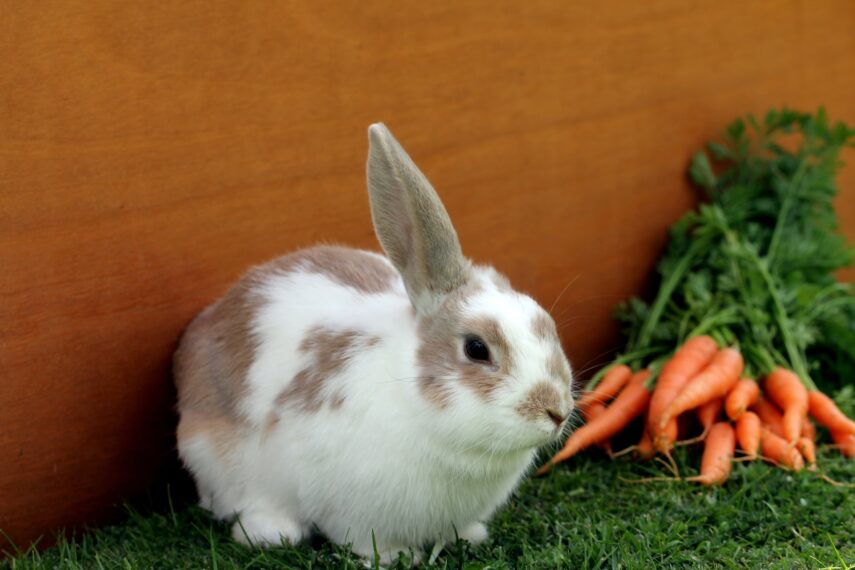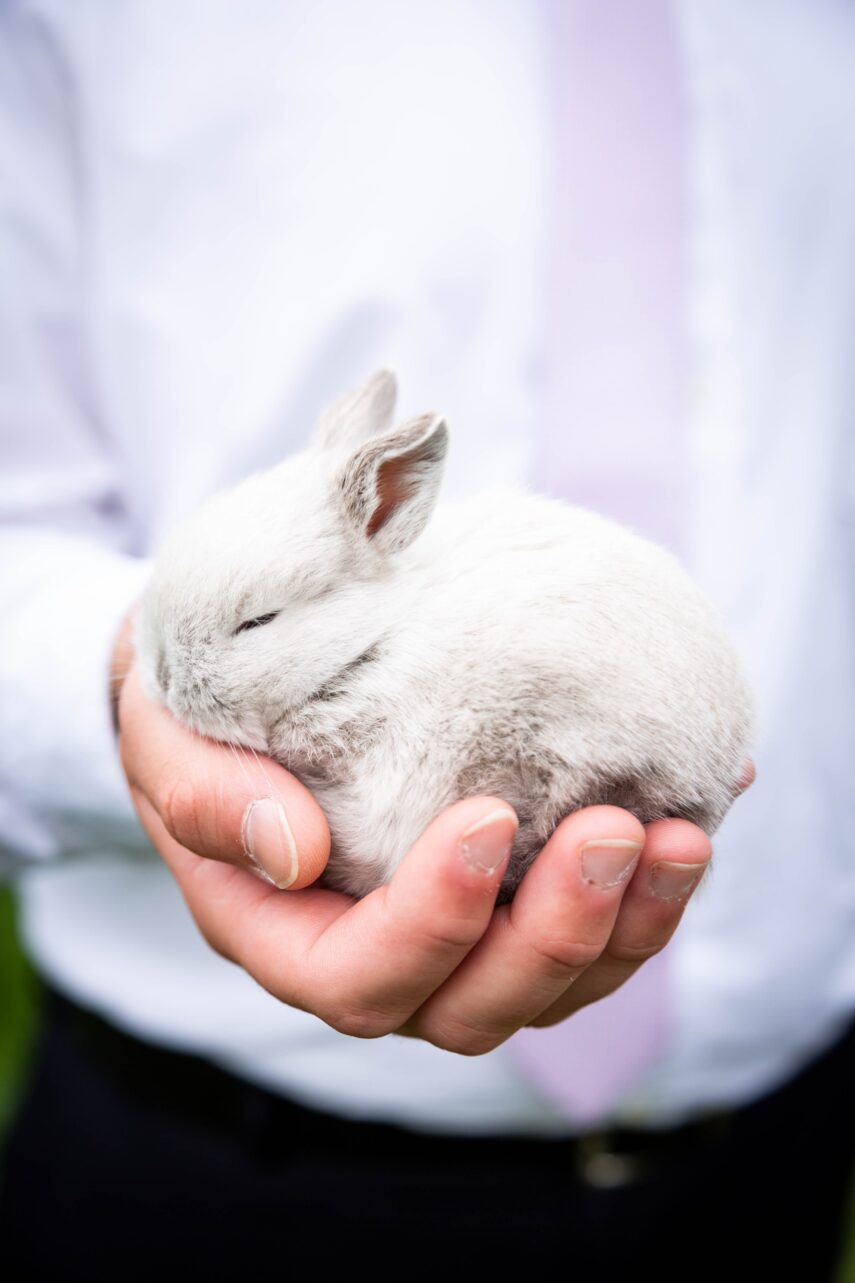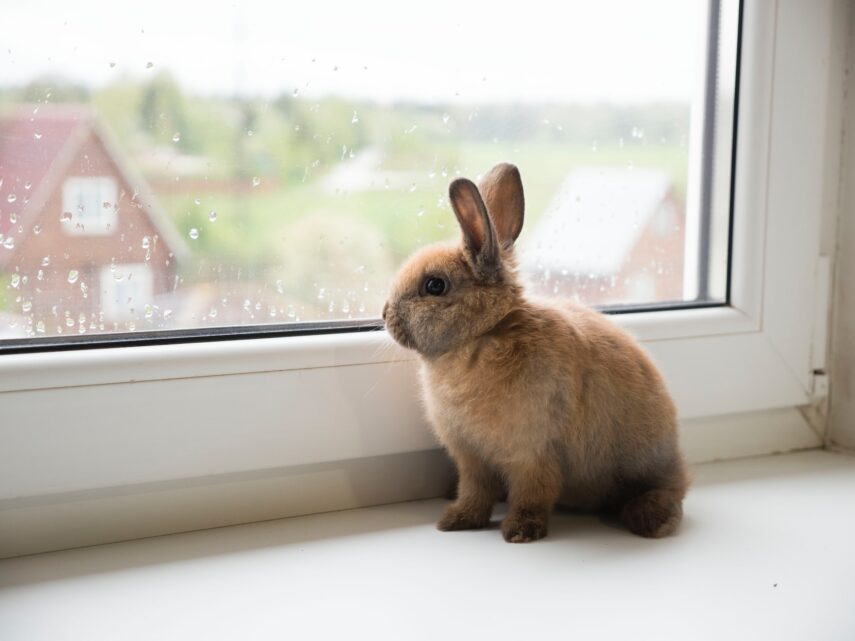Are you the proud owner of a pet rabbit? Do you want to ensure that your furry friend has a long, healthy, and happy life? Taking proper care of your rabbit is vital in providing their health and happiness, and that’s why we’ve put together this blog post of 10 tips for keeping your rabbit healthy and happy.
From providing proper nutrition to creating a safe, comfortable environment, these tips will help ensure your rabbit lives their best life. Feel free to visit Pet.co.nz to ensure your rabbit’s health So let’s get started!
1. Get Your Rabbit Spayed or Neutered

Getting your rabbit spayed or neutered is essential to being a responsible pet owner. Not only does it help to prevent unwanted litter, but it can also benefit your rabbit’s health and quality of life. Spaying and neutering will reduce your rabbit’s risk of developing certain types of cancers, as well as reducing aggressive behaviors.
These procedures also eliminate the urge for rabbits to mark their territory by spraying urine, so you don’t have to worry about unpleasant smells. Spaying and neutering can also help reduce mischievous behaviors such as chewing on furniture and digging holes in your yard. Getting your rabbit spayed or neutered is a small but essential step in ensuring that your rabbit has a long and healthy life.
2. Give Your Rabbit Plenty of Room to Run and Play
Giving your rabbit plenty of space to run and play is essential. An indoor rabbit cage, such as a Rabbit Hutch, with an area of at least 8 square feet is ideal. The space should be large enough for the rabbit to hop around, stretch out, and even stand up on its hind legs. Letting your rabbit out for at least 30 minutes of playtime each day will help them stay active and healthy.
3. Provide Your Rabbit with a Healthy Diet

A healthy diet is essential for keeping your rabbit in optimal health. A diet of high-quality hay, fresh vegetables, and a small number of pellets should be offered daily. It is crucial to avoid giving your rabbit treats that are high in sugar or fat, as these can contribute to obesity and health problems.
Make sure to offer a variety of vegetables, including leafy greens like kale, cabbage, and broccoli. You can also add some fruit to their diet, but keep it to a minimum. Avoid feeding your rabbit processed foods, as they can cause digestive issues. Finally, ensuring that your rabbit has constant access to fresh, clean water is vital.
4. Keep Your Rabbit’s Cage Clean
Keeping your rabbit’s cage clean is essential to prevent any health problems. Start by removing all bedding, toys, and other debris from the cage and thoroughly cleaning it with a pet-safe disinfectant. Replace the bedding once a week and clean the cage at least twice a month. Be sure to wash any food or water dishes daily and replace them when necessary.
Finally, keep an eye out for any signs of mites or other pests, and contact your vet if you suspect something is wrong. Proper cleaning and maintenance will make your rabbit’s cage safe and comfortable for your furry friend.
5. Give Your Rabbit plenty of Hay
Hay is a critical part of a rabbit’s diet and should be provided at all times. It helps provide essential nutrients and preventative health benefits for rabbits. Hay also helps keep rabbits occupied and entertained by giving them something to chew on and can help reduce boredom.
Choose hay that is fragrant and green, and avoid hay that is moldy or has an unpleasant odor. Make sure to give your rabbit access to plenty of hay throughout the day and replenish it regularly to ensure they always have something to munch on.
6. Provide Your Rabbit with Fresh Water
Water is essential to any rabbit’s health and should always be available. Make sure your rabbit has access to a freshwater supply every day. Change out the water twice a day, once in the morning and once in the evening, to ensure that the water remains clean and fresh.
You can either use a bowl or a water bottle. If you use a bowl, be sure to clean it regularly. To help your rabbit stay hydrated, you can add some vegetables or fruits to the water as treats. This will also encourage them to drink more.
7. Handle Your Rabbit Gently

It’s essential to handle your rabbit gently, particularly when you are first getting them used to human contact. Start with short and gentle strokes, giving your rabbit time to get comfortable before you pick them up.
Use two hands to support the bunny’s chest and back legs when picking them up, and avoid sudden movements or loud noises. Don’t forget to reward your rabbit with a treat for being so brave!
8. Give Your Rabbit Some Chew Toys
Chew toys are essential for keeping your rabbit’s teeth healthy. As their teeth continuously grow, rabbits need to chew on something to help wear them down. You can purchase various chew toys for your rabbit, including hay cubes, cardboard boxes, and wood blocks.
Check the items for sharp edges before giving them to your rabbit, and replace them when they become worn. Rabbits chew on fresh vegetables and fruit, such as celery, carrots, apples, and broccoli.
9. Take Your Rabbit to the Vet Regularly
Taking your rabbit to the vet regularly is essential to caring for them. Regular checkups can help identify and prevent potential health issues before they become more serious. It’s also necessary to take your rabbit to the vet if you notice any changes in its behavior, diet, or weight.
Your vet can also help you with advice on what type of food and other supplies your rabbit needs. Your vet can diagnose any medical conditions your rabbit may have and provide treatments if necessary. Keep your rabbit’s vaccinations up-to-date and follow any other medical advice your vet may give. Regular vet visits are the best way to keep your rabbit healthy and happy.
10. Be Patient with Your Rabbit

Rabbits can be stubborn and require patience when it comes to training. Try not to get frustrated if your rabbit doesn’t understand your commands. Spend time talking to your rabbit and giving it treats or rewards for good behavior.
It may take a bit of time for your rabbit to learn, but with patience and dedication, you and your rabbit can have a healthy, happy relationship.
Conclusion
Rabbits can be wonderful companions if you take the time to care for them properly. With a healthy diet, plenty of room to run and play, regular vet visits, and gentle handling, your rabbit can live a long and happy life. Taking the time to care for your rabbit correctly is well worth the effort and will ensure that your furry friend lives a long, healthy, and happy life.







